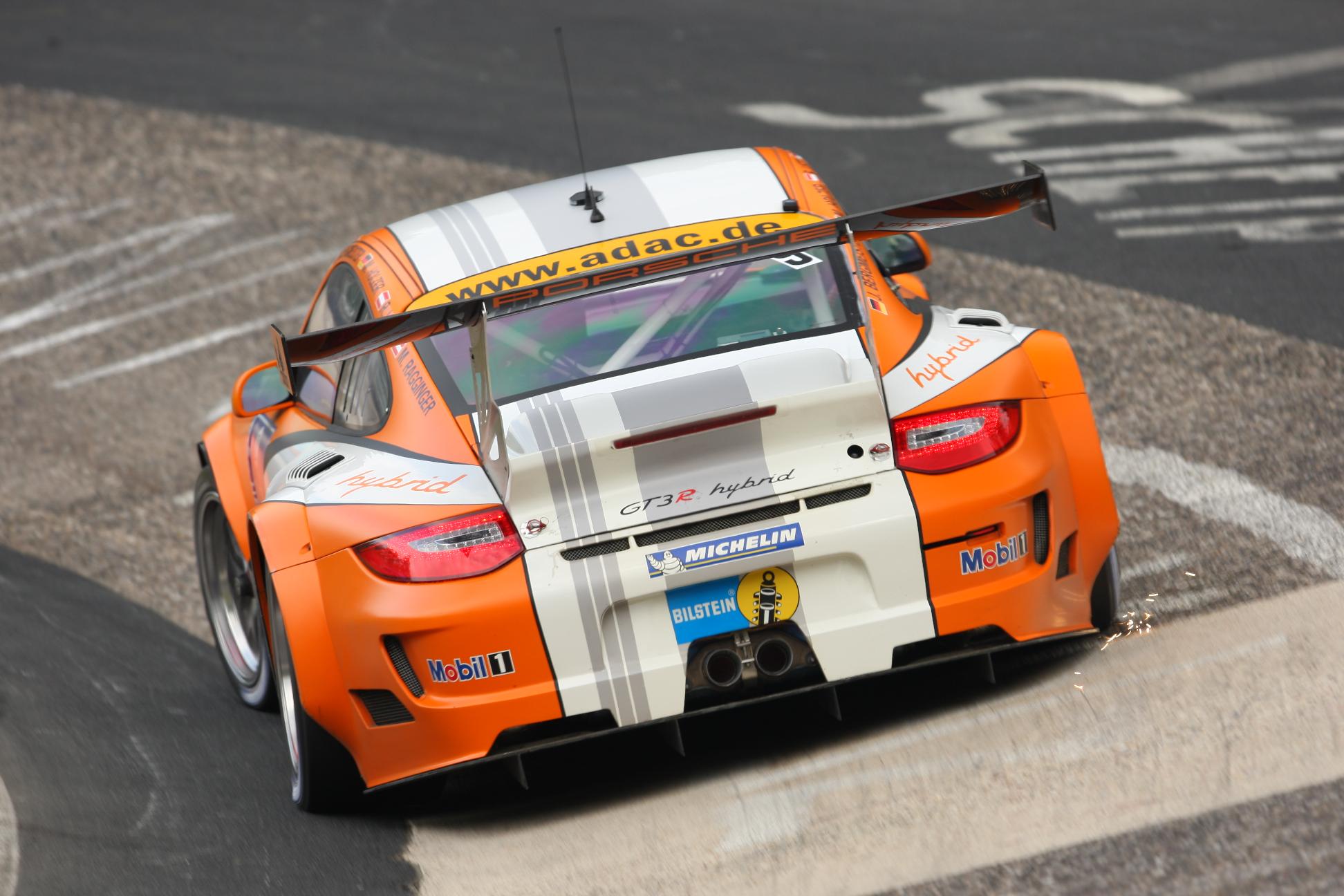The Porsche 911 Hybrid
With everyone so concerned about emissions and pollution, and various places putting restrictions into how much a vehicle can emit, many manufacturers are experimenting with creating vehicles that have low emissions and decreased fuel consumption. One such vehicle is the Porsche 911 Hybrid, which has some similarities to other hybrids but is also coming out with its own unique technology, which is Porsche’s way of working on these environmental issues.
The Porsche 911 Hybrid has some different features in comparison to other hybrids on the market. For instance, it is using an adaptation of a Kinetic Energy Recovery system which is a technology that was first built for Formula 1 race cars.
Instead of a battery, there is a system which is based on a flywheel which has been mounted in the vehicle where a passenger would normally sit. This flywheel spins at 40,000 rpm and is used to capture energy reclaimed from the process of braking. When the driver presses a button, the flywheel will release the kinetic energy to a generator which will then provide up to eight seconds of electricity to two motors located in the front wheel hubs of the vehicle. This is to maximize the exit speed out of the corners of the track or to be able to pass another vehicle with an extra burst of speed. The rear wheels work in the usual way, with the torque provided by a gasoline engine.
With this system, the engine is designed to be able to provide an electric assist at highways speeds, and it is claimed that it can run up to 86 miles per hour on an all-electric system. They are calling this “sailing” as it is very quiet and you have the sensation of speed. The engine itself is a 480 hp, 4.0 litre version of the traditional flat-six which drives the rear wheels.
This system is being tested out in the race cars, and the hope is that it may eventually come to a few of the road models, which would be the street car version of the Porsche 911. The Porsche 911 Hybrid would feature low emissions and better fuel mileage, which is something that every one is striving for due to the environment and the manufacturing regulations that have started to come in.
This technology is great for racing vehicles, but may not be as beneficial in street vehicles due to the flywheel system and how it operates. While being able to store a bit of energy may benefit a racer, it does not have as much practical application on the road in traffic with the stop and go type of traffic you can get into. When the vehicle is stopped or going slow, it is likely going to be in that position for more time than the system allows for.
While Porsche makes no official claims about the performance of the Porsche 911 Hybrid, they do discuss the benefits in regards to fuel economy as well as low emissions. They feel these are crucial to having long term success in the sport of long distance car racing. They also feel there are other benefits to this vehicle, but have not gotten into what they are.
